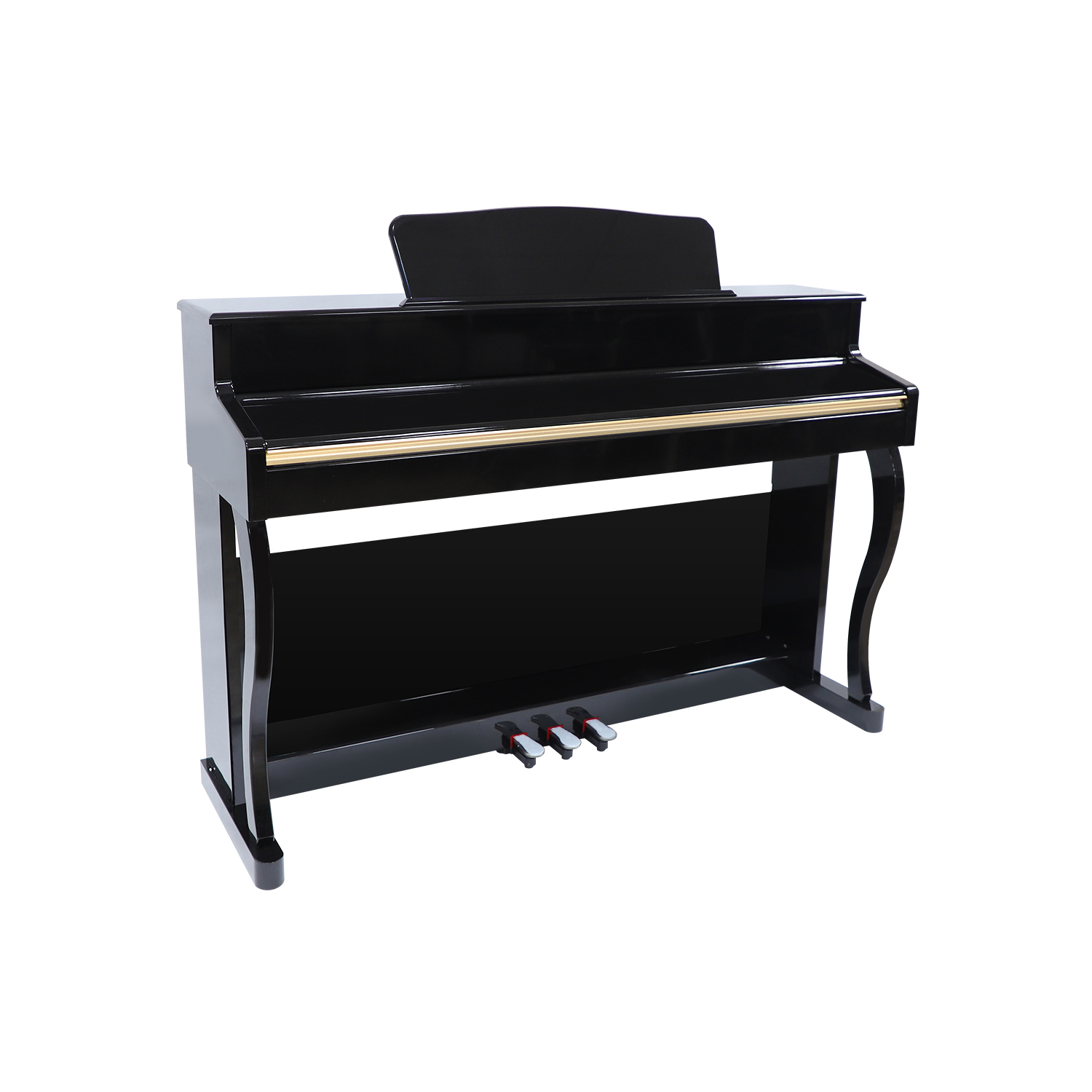With the continuous advancement of technology, digital pianos have become an important choice for many music enthusiasts and professional musicians. But is the digital piano the best choice? This article will explore this question from multiple perspectives.
1. Convenience
One of the biggest advantages of digital pianos is their convenience. They do not require regular tuning, which is a significant benefit for beginners and those who do not want to frequently maintain their instrument. Traditional pianos need to be tuned regularly by professionals, or else the pitch will be affected. Digital pianos completely avoid this issue. Additionally, digital pianos are generally more lightweight, making them easy to move and place, which is especially important for households with limited space.
2. Versatility
Digital pianos come with many features that traditional pianos cannot offer. For instance, many digital pianos come equipped with a variety of sound options, allowing them to not only mimic the sound of a piano but also other instruments such as strings, woodwinds, and more. This provides performers with more creative possibilities. Moreover, digital pianos often include recording capabilities and headphone jacks, making practice and creation more convenient and less disruptive to others.
3. Learning Tools
Digital pianos often come with built-in learning tools such as metronomes, demo songs, and teaching modes that can help beginners quickly grasp playing techniques. Some high-end models can even connect to smart devices, offering interactive learning experiences through dedicated applications. These features make digital pianos a powerful tool for learning to play the piano.
4. Cost
Compared to traditional pianos, digital pianos are generally more affordable. Although high-end digital pianos can also be quite expensive, overall, they often offer better value for money compared to traditional pianos of the same level. This allows more people to enjoy a high-quality musical experience at a lower cost.
5. Sound Quality
While digital pianos have many advantages in terms of convenience and versatility, sound quality is a factor that cannot be ignored. High-end digital pianos have sound quality that is very close to traditional pianos and can even be superior in some aspects. However, for some music enthusiasts and professional performers, the natural tone and resonance of traditional pianos remain irreplaceable.
Conclusion
In conclusion, whether a digital piano is the best choice depends on individual needs and preferences. If you value convenience, versatility, and learning tools, and have a limited budget, then a digital piano is undoubtedly a very good choice. On the other hand, if you prioritize the natural sound and feel of a traditional piano and do not mind the additional maintenance and cost, then a traditional piano may be the better option for you.
Ultimately, both digital and traditional pianos have their own unique advantages, and the best choice will depend on your specific circumstances and musical goals.





